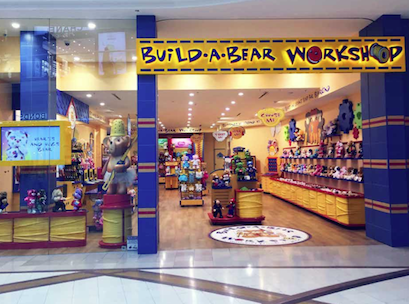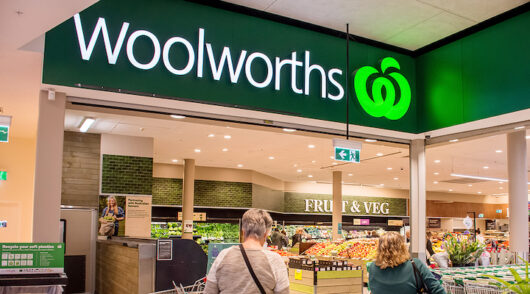 The Australian arm of custom toy chain Build-A-Bear Workshop will close 10 of its stores by the end of the month after entering voluntary administration on Wednesday.
The Australian arm of custom toy chain Build-A-Bear Workshop will close 10 of its stores by the end of the month after entering voluntary administration on Wednesday.
Remaining stores will continue to trade as normal as the retailer considers its options moving forward.
Build-A-Bear Australia chief executive Gavin Port said the business has been working to combat challenges faced during the year, including increased operating costs, wages and rent, and reduced shopping centre foot traffic, and that the administrative process was intended to restructure the retail footprint for a more sustainable, long-term future.
“We have an incredibly dedicated team, and have established a brand that resonates with consumers of all ages,” Port said.
“The company will continue to focus on bringing smiles and a unique experience to our guests.”
Gideon Rathner and Matthew Sweeny of Lowe Lippman Chartered Accountants have been appointed administrators, and identified the 10 stores to close through an initial review.
The affected stores are: Logan Hyperdome, Kawana and Mt Ommaney in Queensland; Werribee and Eastland in Victoria; Garden City and Carousel in Western Australia; Marion in South Australia; and Green Hills and Miranda in New South Wales.
The news comes after the US-based company posted a US$17.9 million (A$25.3 million) loss for the year to February 2, 2019. Globally, Build-A-Bear saw a 7.5 per cent decline in revenue over the 2018 financial year, with brand president and chief executive officer Sharon Price John commenting that there were a number of “unusual challenges” that negatively impacted its results.
“In North America, our largest overall market, we had a low single-digit sales decline and modest profit on an adjusted basis,” John said.
“However, the waning consumer confidence related to Brexit and new privacy laws that inhibited consumer communication in our largest international market, the United Kingdom, resulted in disappointing financial results.”
John also pointed to the collapse of Toys ‘R’ Us as an impacting factor, as well as the “significant reduction in family-centric movie properties” which led to fewer licensed product sales.
Access exclusive analysis, locked news and reports with Inside Retail Weekly. Subscribe today and get our premium print publication delivered to your door every week.





